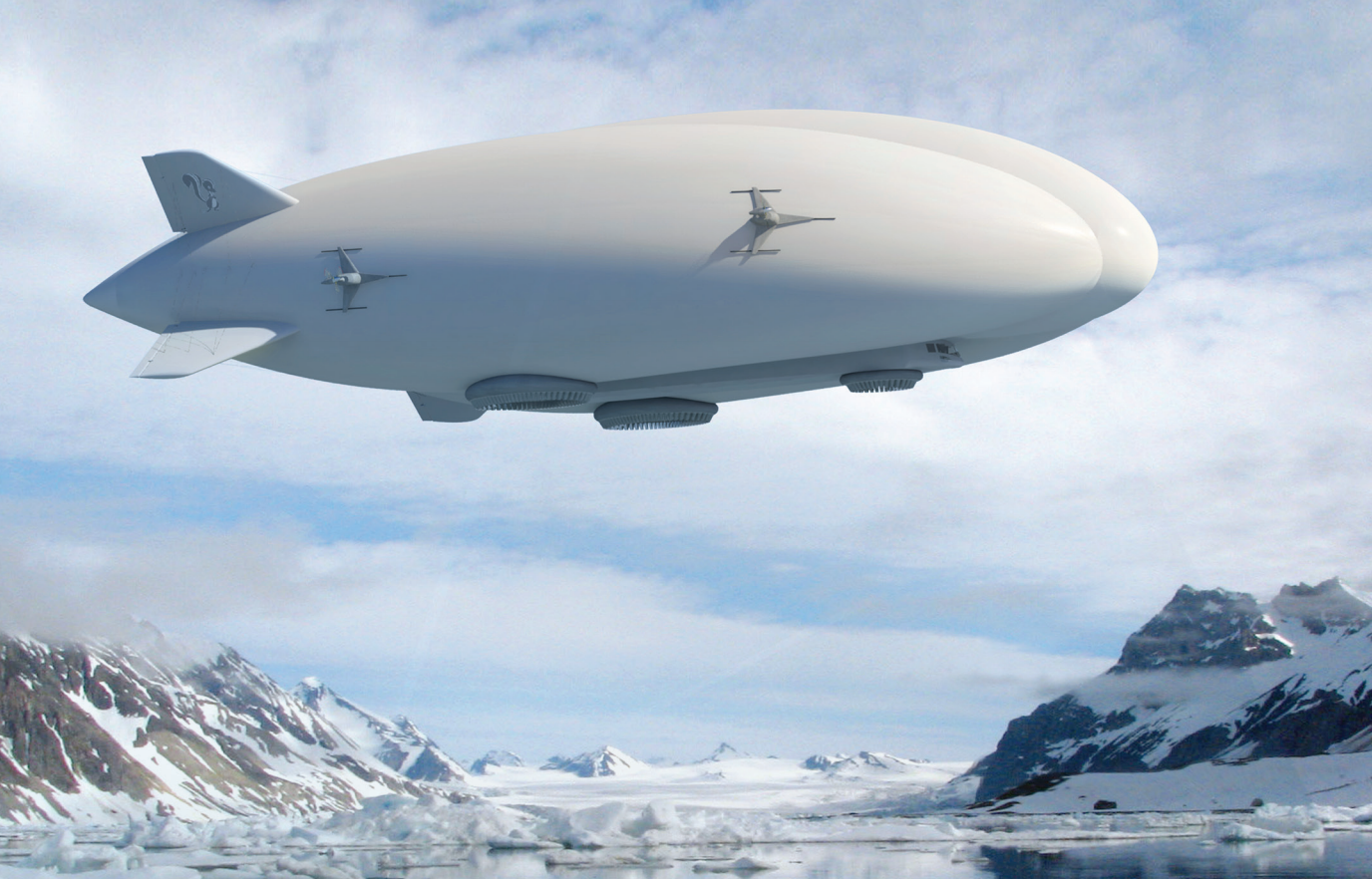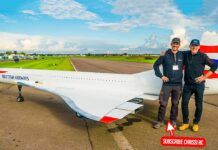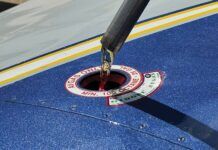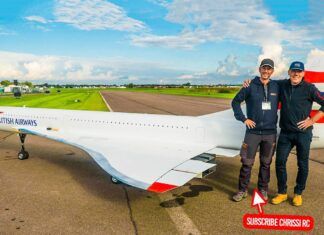
Lockheed Martin has moved a step closer to FAA certification for its hybrid airship design, the company said last week. Lockheed worked with the FAA’s certification office in Seattle for more than a decade to develop a plan to allow a nonrigid hybrid airship to operate as a commercial aircraft, since the FAA had no existing regulations to cover the category. Two years ago, the FAA created a certification pathway. Now the FAA has approved Lockheed Martin’s plan showing how its design will meet all of the certification criteria. Lockheed Martin now plans to achieve certification and start delivering operational 20-ton airships as soon as 2018. The company already has opened the order book, earlier this year at the Paris Air Show.
Lockheed says its hybrid airship will offer large cargo capacities that can be delivered to remote areas with low fuel consumption compared to conventional aircraft. The airships can land and take off in 500 feet, operating from open fields, snow, ice, or water with no need for a ground crew. A unique air-cushion landing system provides a soft landing, and then holds the airship in place while cargo is offloaded or loaded via a ramp. The hybrid system gets 80 percent of its lift from helium and 20 percent from the aerodynamic shape of the hull. The airship will be able to carry more than 23 tons and 19 passengers, with a range of 1,400 nm and a cruise speed up to 60 knots. The company has successfully tested a half-scale proof-of-concept vehicle with a two-person crew. Lockheed has not released a price, but Forbes has estimated a cost of $40 million per ship.

































